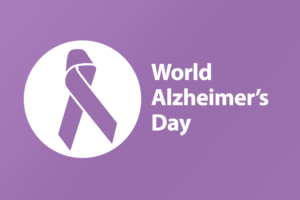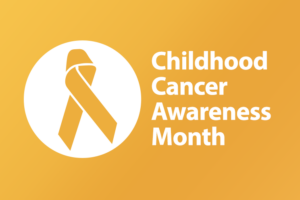Sarah Ford | January 16, 2014
You’ve made a donation, now what?
Did you know that approximately 174 million adult Americans plan to give money to charity between Thanksgiving and year-end? Furthermore, 35 percent to 42 percent of online giving happens in November and December alone, with more than 20% of all giving for the entire year occurring in the last 48 hours of the calendar year!
In addition to supporting a couple or maybe several holiday-giving appeals, you may have also contributed to your favorite charities through your company’s workplace employee giving program or the government’s Combined Federal Campaign (CFC). Have you considered, however, how to track the effectiveness of those gifts?
Managing your “giving portfolio” throughout the year:
So many of us confine thinking to the once or twice a year act of charitable giving when, in fact, the tools now exist to allow you to do more in terms of understanding how the charities you support are making an impact.
Here are some things to consider to become a more informed and more effective donor.
Monitor & Connect with the Charities you Support
Engage with the charities you support all year long. Monitor their website, subscribe to their newsletter, read their annual report and follow them on their social media sites.
By doing this, you will:
- Hold the charity accountable: By monitoring their work, you’ll know if the charity is doing what you expect them to be doing with your money and can decide whether or not to invest in their work again in the future. (After monitoring their work, you might find it worthwhile to increase your giving to them.)
- Find non-monetary ways to help:
(a.) Participate in volunteer opportunities where you live.
(b.) Use your talents for pro bono work, Help raise awareness about the charity by sharing, liking, and commenting on messages on their social media sites.
(c.) By spreading the word, you help that charity connect with new potential donors and help other donors decide if they should support the charity. - Make a true connection to the cause: It’s one thing to donate money; it’s a whole different thing to actually understand the deeper issues regarding the cause you’re supporting. Read about the actual success stories about the people and animals your donation is helping. Learn the statistics and figures about those people and the progress your charity is making towards achieving its mission. Pay attention to the latest world news that is impacting the very charity you are supporting – sometimes your favorite charity needs you to write to your local representative or to sign a letter advocating for change that can only happen on a larger scale or with government support.
If you do all of these things, suddenly your donation will mean much more than just a dollar sign or a small reduction in your paycheck. Your donation will come to life. You will be more connected to the causes you support. And most importantly, you’ll know how your donation is making an impact.
Get Resources and Insights Straight To Your Inbox
Explore More Articles
Get Resources and Insights Straight To Your Inbox
Receive our monthly/bi-monthly newsletter filled with information about causes, nonprofit impact, and topics important for corporate social responsibility and employee engagement professionals, including disaster response, workplace giving, matching gifts, employee assistance funds, volunteering, scholarship award program management, grantmaking, and other philanthropic initiatives.




